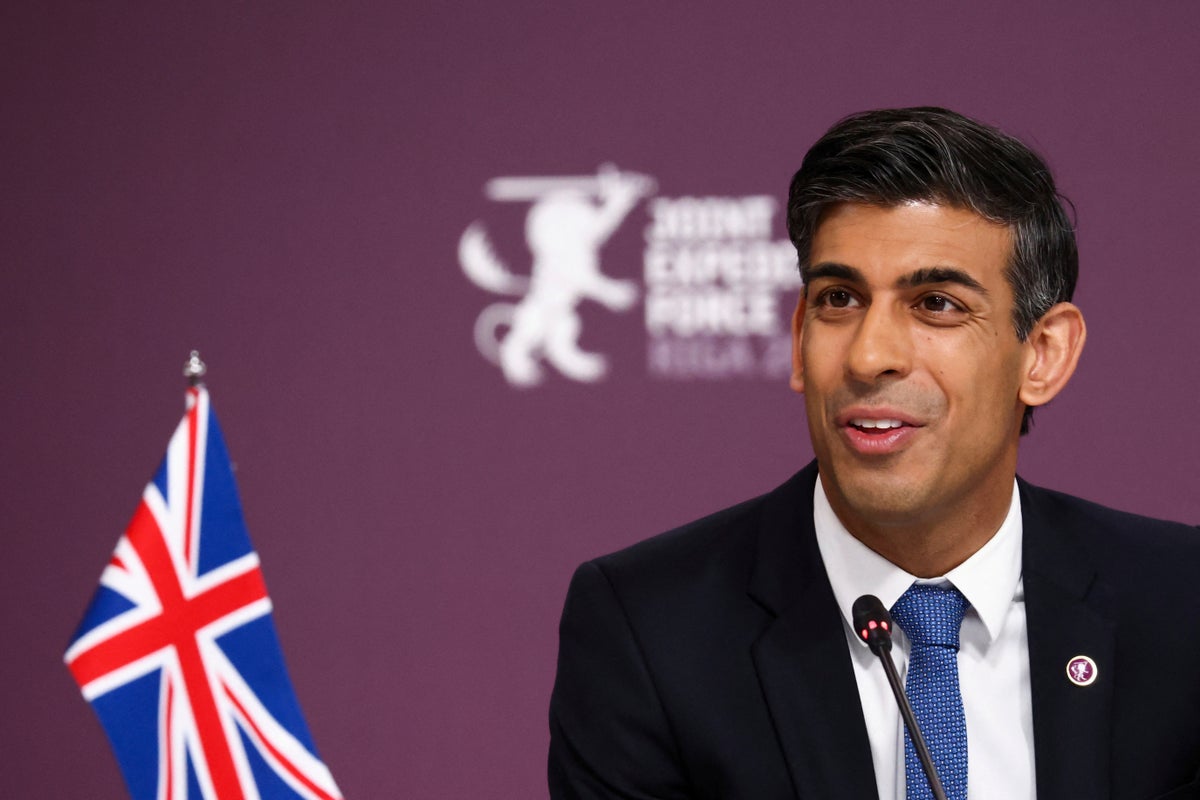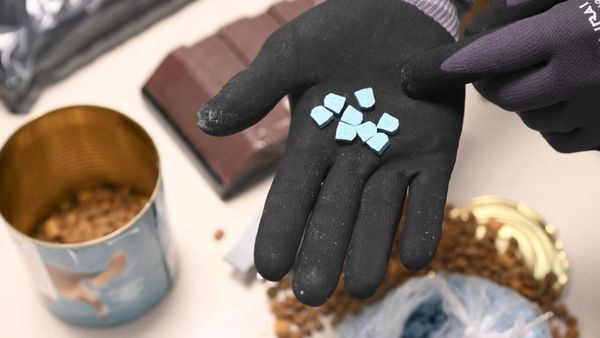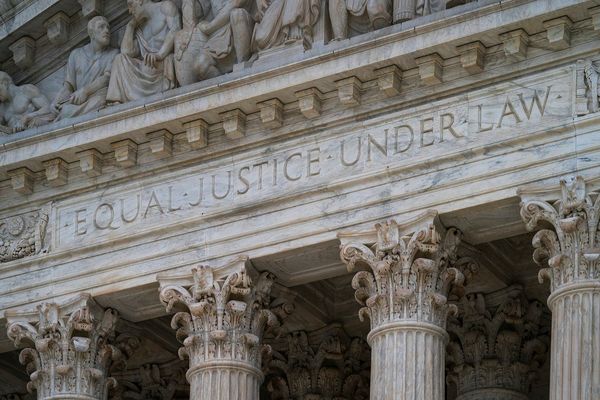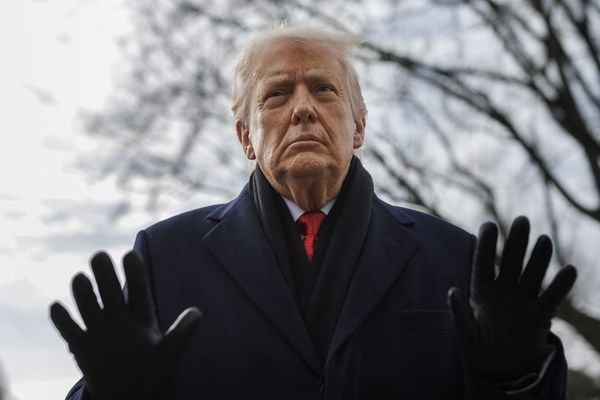
Rishi Sunak has urged unions to call off the next wave of NHS strikes for the sake of their patients as it emerged army reservists, not troops, could be called up to deal with future strikes.
Some 1,300 troops are being deployed this week to help cope with the fallout from strike action – more than were involved in giving the public Covid vaccinations in early 2021.
But a new 79-page report on resilience warns personnel “cannot be the first port of call whenever an emergency hits” because of the pressures they are already facing at home and abroad.
The health service is braced for a difficult 48 hours as nurses stage their second strike in a week on Tuesday, followed by ambulance workers on Wednesday.
Air travel could also be thrown into chaos at the end of the week, when Border Force staff begin industrial action.
Ministers held a meeting of the emergency Cobra contingencies committee on Monday, with another planned for Wednesday.
One of the largest health unions, Unison, accused the government of “intransigence” over pay.
Ministers have said they are prepared to talk to unions, but not over wages.
Patricia Marquis, from the Royal College of Nursing, told Times Radio that nurses could stage strikes for up to six months.
The RCN has highlighted the 47,000 nursing vacancies in the NHS and Ms Marquis said operations were being cancelled and people are waiting in ambulances “every single day” within the NHS.
Unison general secretary Christina McAnea accused the government of “using public safety fears as a smokescreen for its own inaction. There’d be no strikes at all if ministers would only talk to unions and improve NHS pay”.
She said it was still not too late to start negotiations.
She also rejected warnings by No 10 that there was “still a concerning lack of clarity around the level of care” that paramedics were prepared to provide.
Emergency cover plans would be in place in each local area, she insisted.
The health secretary Steve Barclay should now “throw all his energy” into preventing these strikes and any escalation of action in the new year, she added.
On a trip to Latvia the prime minister said the government was “well prepared” for the walkouts, but warned of the impact on patients’ health.
Mr Sunak said the government was putting in place contingency measures “to make sure we are well prepared to handle the disruption that is coming".
But he still urged unions to do “everything” they could to minimise the impact of the walkouts.
Asked if he could guarantee that people would not die as a result of the strikes, Mr Sunak said: “I’m really disappointed to see that the unions are calling these strikes, particularly at Christmas, particularly when it has such an impact on people’s day-to-day lives with the disruption it causes and the impact on their health.
“I would urge them to keep considering whether these strikes are really necessary and do everything they can to alleviate the impact it's going to have on people.”
Data collected by the NHS after last week’s nurses strike showed that 16,000 appointments, procedures and surgeries were cancelled and had to be rescheduled in England – 54,000 less than the government suggested. Health minister Maria Caulfield said around 70,000 appointments in England would be lost.
Across England, just under 10,000 staff were absent due to strike action.
Christine Jardine, the Lib Dem cabinet office spokesperson, said: “It is the definition of failure that more armed forces are called up to tackle the strikes than to help during the Covid-19 vaccination programme.
“The government could have prevented this chaos months ago if they had just got around the table.
“Ministers grandstanding against nurses and paramedics who just want a fair deal puts the public in even more danger. It’s politics first and practicality last.”
The RCN, which is calling for a 5 per cent above-inflation pay rise, has vowed to stage a fresh wave of more severe strikes in January if ministers do not open negotiations.
Health and Social Care Secretary Steve Barclay said: “I hugely value the work of our NHS staff and it is disappointing some union members are going ahead with further strike action when we know the impact this has on patients.
“My number one priority remains keeping patients as safe as possible and I’ve been working closely with the NHS and across government to protect safe staffing levels.
“The NHS remains open, patients should continue to come forward for emergency and urgent medical care. They should also continue to turn up to appointments unless they have been contacted by the NHS.
“The RCN’s demands are unaffordable during these challenging times and would take money away from frontline services while they are still recovering from the impact of the pandemic. I’m open to engaging with the unions on how to make the NHS a better place to work.”







